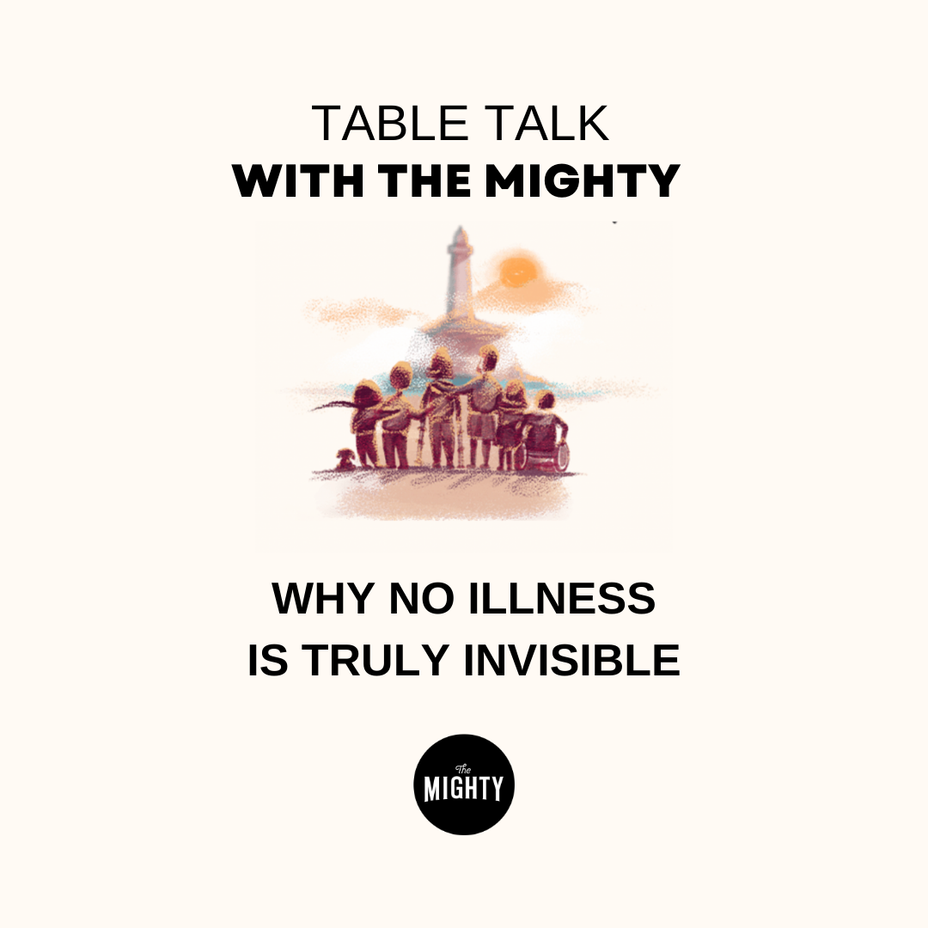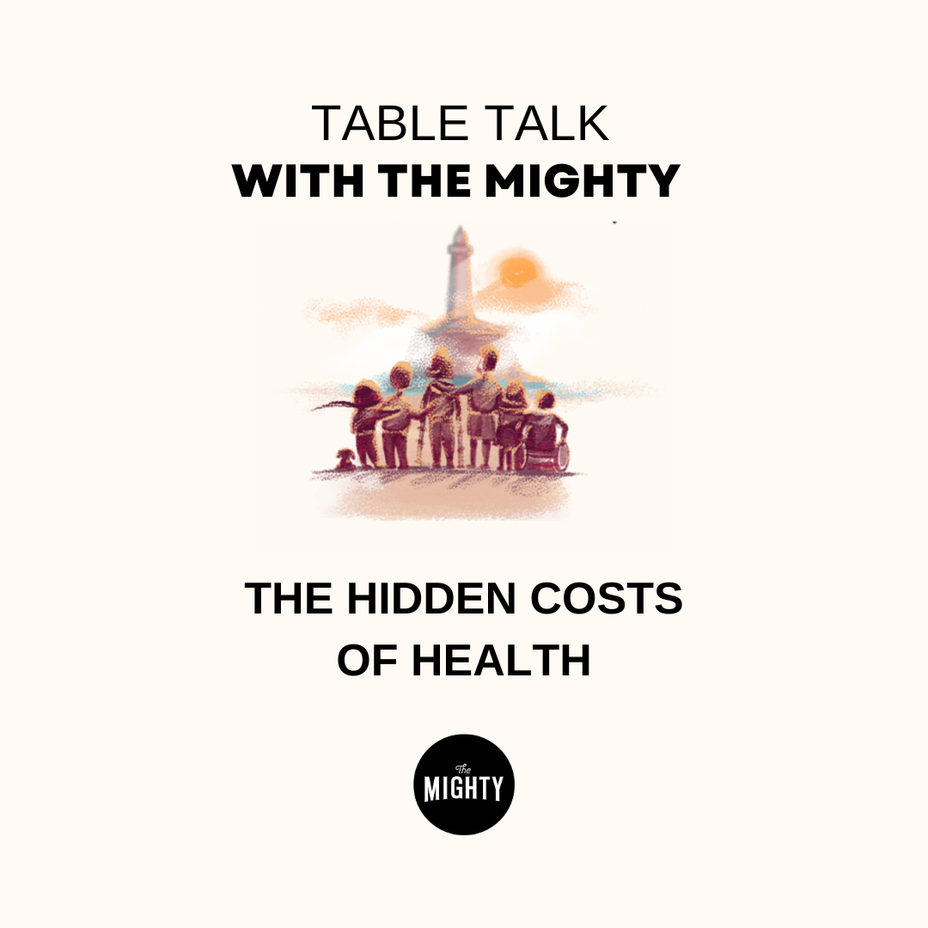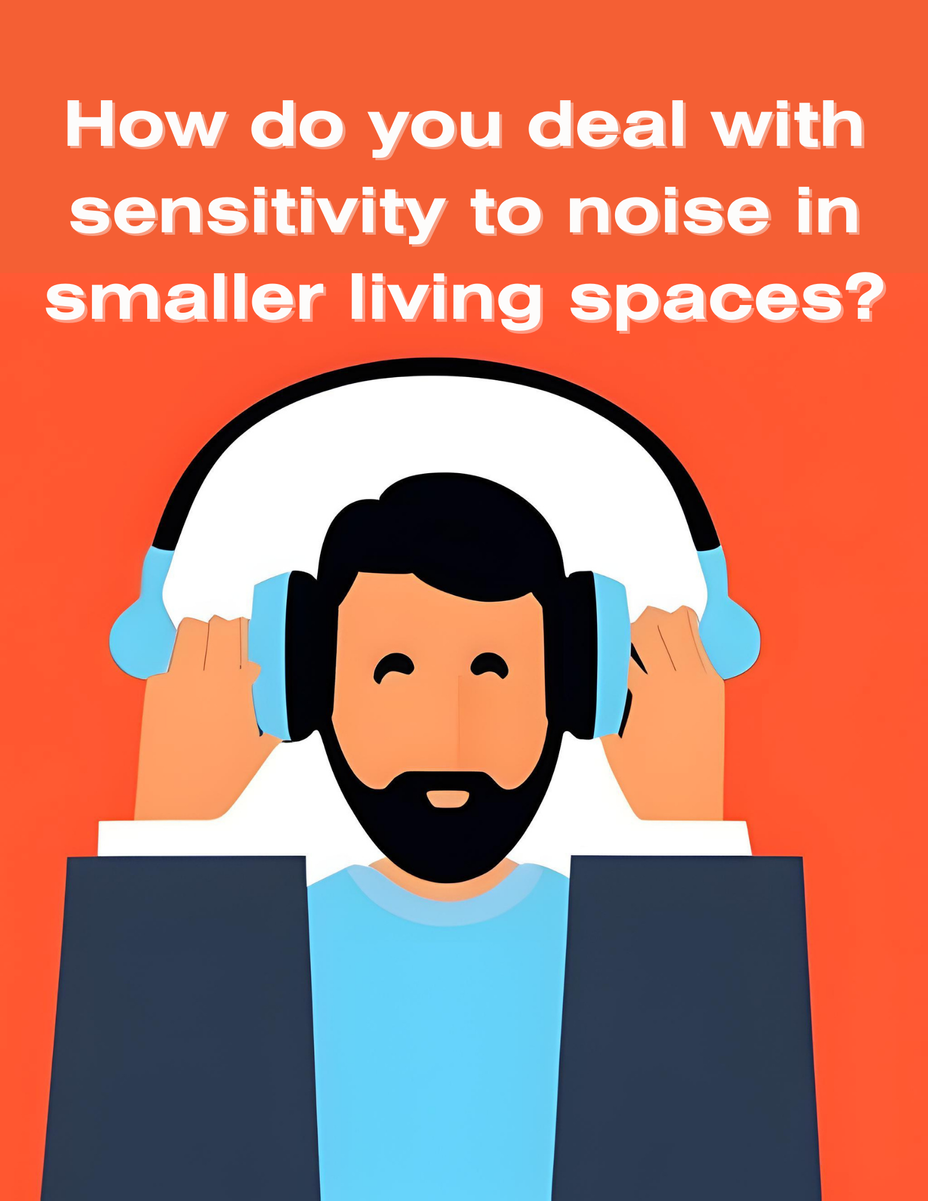Part 1 of 2 This is an interview that was done by a member of Misophonia International, interviewing myself, Shaylynn Hayes-Raymond
Can you tell me about yourself and your interest in Misophonia?
My name is Shaylynn Hayes Raymond and I have been an advocate for Misophonia for the last decade. I run Misophonia International and have recently started a nonprofit called www.misophoniafoundation.com. I’ve written books on Misophonia, and personally have the disorder myself. Most of my interest in Misophonia comes from my own suffering and need for solutions for the disorder. I am currently in the practicum portion of my Master’s in Arts Counselling Psychology and will be a therapist by the end of the year.
Why are you concerned about this research?
I’m concerned about this research because I worry about people telling my future clients that accommodations are not helpful, and I worry about the community as a whole. Many sufferers of Misophonia already struggle to get accommodations with a new, less-accepted disorder, so all this study does is muddy the waters and give more of a reason not to accommodate Misophonia. Something I have always been told by members of the community is that they are afraid to ask their loved ones, friends, bosses, and co-workers for accommodations because they are treated as crazy and told their disorder does not exist. I worry that a study saying not to accommodate Misophonia will add fuel to that fire—despite there being no actual evidence that Misophonia is made worse by accommodations. I’m also concerned because the study in question also had co-occuring anxiety disorders in 53% of their participants with Misophonia. Is it not possible that the co-occuring anxiety is what was made worse by accommodations, and completely irrelevant to the Misophonia? I’m even more concerned that Baylor is doing another study that is going to shock misophonia patients with electricity. When is enough enough?
Have you found Misophonia accommodations helpful?
Misophonia accommodations have been lifesaving for me. Without accommodations, my life would be near impossible. At university, I nearly failed out because I could not focus in the classroom. Misophonia already makes every aspect of life harder, so I can’t imagine not having some ways to cope. I am confused what accommodations this study is even talking about. In general, being able to leave the room, alternative methods of schooling (I switched to online), headphones, earplugs, and sensory gadgets like fidgets are all tools that are used for various disorders. Is the study proposing that these are harmful? Is reassuring your child or loved one that they’re not crazy harmful to Misophonia in the eyes of these researchers? I think that assumes that Misophonia is psychological, which considering the fight-flight-freeze part of the brain lit up immediately before the person thinks about the trigger, Misophonia is more likely neurophysiological—so tell me how reassuring somebody makes it worse? Would they also refuse to reassure a trauma victim? The research is getting ridiculous in my opinion. I’d also like to point out that there has been a study suggesting that accommodations for Misophonia are helpful, particularly in a college environment(1). I honestly think it’s cruel to tell people with Misophonia that they should not accommodate. The world is already providing an onslaught of exposure and triggers on a day-to-day basis, so anything that helps us cope—so long as it’s not maladaptive self-harm, should be encouraged.
What is the goal of your petition?
The goal of this petition is to let researchers know that Misophonia sufferers are demanding research that is not only accurate but done with awareness of making the condition better. Studies for the sake of studies can be harmful and muddy the waters for every day people looking for answers. Imagine if a guidance counsellor at a school reads this paper and then rejects accommodations for a student who is simply trying to get by? I’m reminded by the Federal appeals court rules gum-chewing lawsuit against Knox... regarding Misophonia triggers at a school. The goal of this petition is simple—demand researchers (especially those who wrote this paper) listen to the voice and opinions of those who have the disorder when conducting their studies.
Where can readers find your petition?
You can find the petition below
www.misophoniainternational.com/petition-misophonia-is-not-m...
Porcaro, C.K., Alavi, E., Gollery, T., & Danesh, A.A. (2019). Misophonia: Awareness and Responsiveness Among Academics. Journal of Postsecondar




